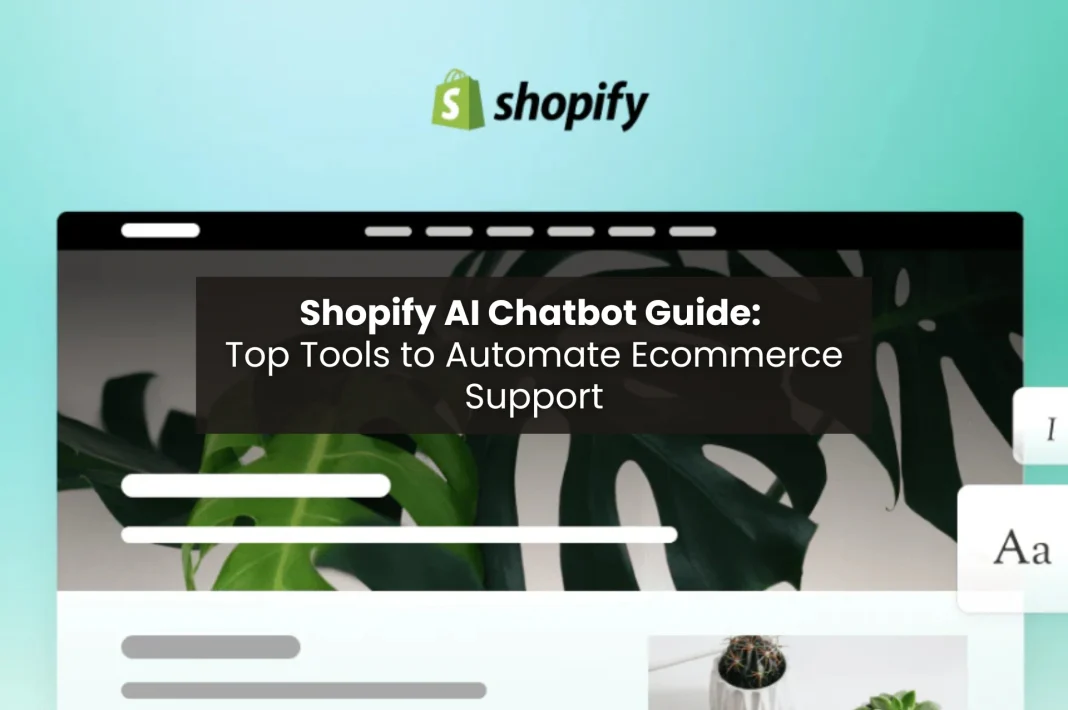Smart online merchants have cracked the code, they have started treating chatbots as sales agents rather than just support tools. What these AI chatbots do is they proactively engage with the customers. The tasks they do is guide customers to purchase, help in lifting conversions and the average order value. Various studies back the same! As per Redwerk, Businesses that employed chatbots have reported up to 23% higher conversion rates when compared to those who haven’t. Additional stats provided by Redwerk stated that companies like Beyoung have achieved a 10× ROI by using bots that help in recovering abandoned carts. Additionally, Wow Skin Science boosted sales by 23% with AI-powered assistance. Even Shopify’s own data proves the same, the companies that used Shopify inbox to reply quicker to their customers, saw 69% jump in conversions. This is the reason why merchants view them as 24/7 sales agents.
3 Key Ways Chatbots Drive ROI
1. Abandoned Cart Recovery
The great thing about these AI chatbots is that they can automatically detect when shoppers are about to leave or abandon checkout and intervene by sending timely messages. Did you know that one of the major pain points for merchants is loss in revenue because of abandoned carts? Studies show that the percentage of the same is 68%-70%, that’s billions lost in sales! But these AI chatbots have successfully proven to remarket carts, estimation is around 15–25% of lost carts. Moreover, these chatbots help in saving the revenue that would otherwise vanish by sending in a message, a nudge or by answering last minute questions.
2. Pre-Purchase Conversion
Imagine having your own shopping assistant, but online. Someone who can help you or guide you with product recommendations, who understands your preferences. This is exactly what these AI chatbots do, they make customers shopping experience. Therefore, they increase both conversion value as well as order value. AI-powered product recommendation bots can increase conversion rates by 4-5× and raise average order value by 20-30%, QuickChat AI reported. Moreover, for example interactive quizzes like “find your style”, “what’s your skin type” capture customers needs and instantly recommend personalized products for them.
3. Post-Purchase Efficiency
Raising multiple tickets, waiting on call just to speak to a human about your order, requires so much patience and time. But no more, as these AI chatbots are here to help you with the same. Their purpose is to add value by automating routine support. They act as “post-purchase concierge”, and help customers by instantly answering their queries. For example, questions relating to order status and shipping queries, process returns, and they handle FAQs 24/7. Additionally, automation here drives businesses, because happy customers are likely to purchase from the business again. As a result of this, companies have seen ~52% faster resolution times and ~30% cost reduction by automating support with AI chat.
Comparison of Top Shopify Chatbot Tools
| Chatbot | Pricing (from) | AI/Automation | Key Features | Best For |
| Shopify Inbox | Free (built-in) | Shopify Magic AI + GPT integration | Live chat (web/IG/FB), smart responses(AI-powered), product recommendations, order and cart visibility multilingual support | Basic support; new stores |
| Tidio | Free tier; paid $24+ to $2999/ month | NLP chatbots, multi-channel AI | Pre-built templates, FAQ and product recommendation bots, exit-intent popups, abandoned cart rescue, multi-channel (Chat, FB, IG), analytics | SMEs & growing brands |
| Gorgias | $60/month (Basic) and up | Machine learning; intent/ sentiment detection | Integrated helpdesk + chat; automation rules (60% of tickets can auto-resolve), Shopify data sync, macros, unified inbox; robust analytics | Mid-market stores needing advanced support |
| Octane AI | Basic $50/month (200 interactions); $200+/month for higher tiers | Quiz-based AI (zero-party data) | Product quizzes/pop-ups, SMS & Messenger marketing, Klaviyo integration, advanced segmentation; focuses on personalized product recommendations | Marketing focused sellers |
| Chatra | Forever free plan; $22/mo (Essentials) | Rule-based bots (no advanced NLP) | Live chat with online/offline bots, targeted messages, contact forms, IG/FB integration | Small shops, beginners |
Ultimately, no one can classify one tool as the best tool. A tool might have a few better features than the others but the truth is each tool suits different needs. If you’re confused about which tool you should choose, let’s see their pros and cons which might help you.
Pros & Cons of Each Chatbot
1. Shopify Inbox
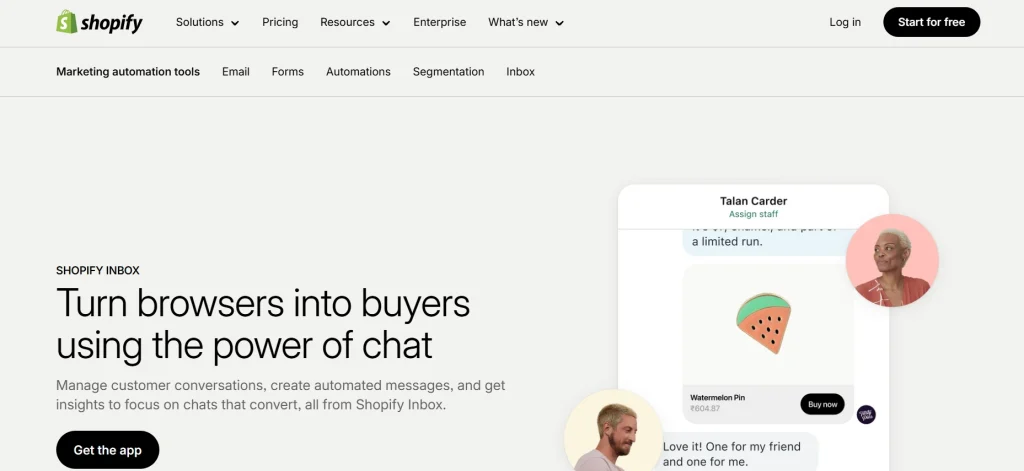
Pros:
- It’s completely free and is deeply integrated with Shopify data and storefront.
- Moreover, AI (Shopify Magic/ ChatGPT) can pull up product info in just a few seconds and answer order queries. Shopify Magic aims to “turn more chats into conversions”.
- In addition, it has quick set up with the Shopify admin.
- Integrates live chat with socials(Instagram, Facebook) in one inbox.
Cons:
- It’s pretty basic when compared to specialized bots, and also lacks advanced customization that rich bots do.
- Furthermore, midsize stores may outgrow its feature set, as it is more ideal for starters.
2. Tidio
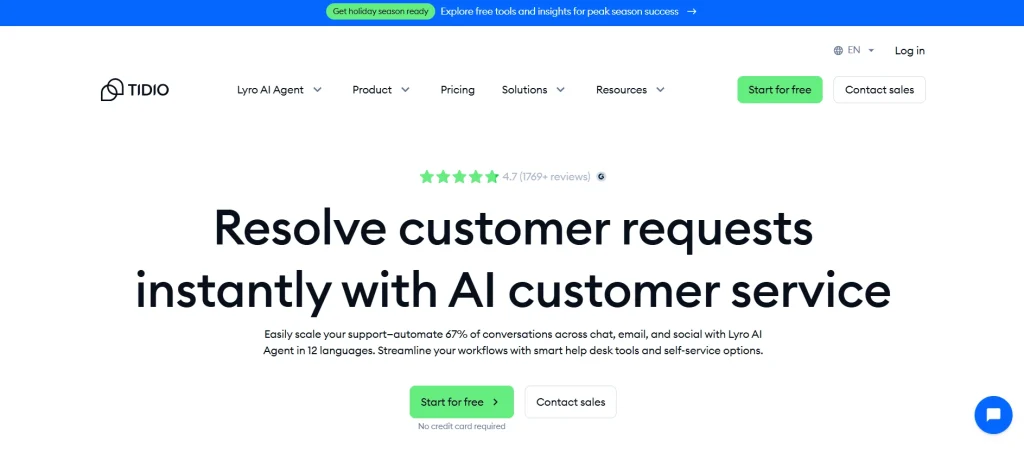
Pros:
- It is very versatile. And offers 30+ ready bot templates (welcome messages, FAQs, abandoned-cart, etc.)
- Tidio supports multilingual AI chat (new “Lyro” GPT agent), moreover, it integrates Facebook/Instagram and email.
- It is very easy to install and good for scaling (flow builder available).
Cons:
- Enterprise features carry premium price tags
- The advanced features (AI NLP, multi-brand) require higher plans.
3. Gorgias
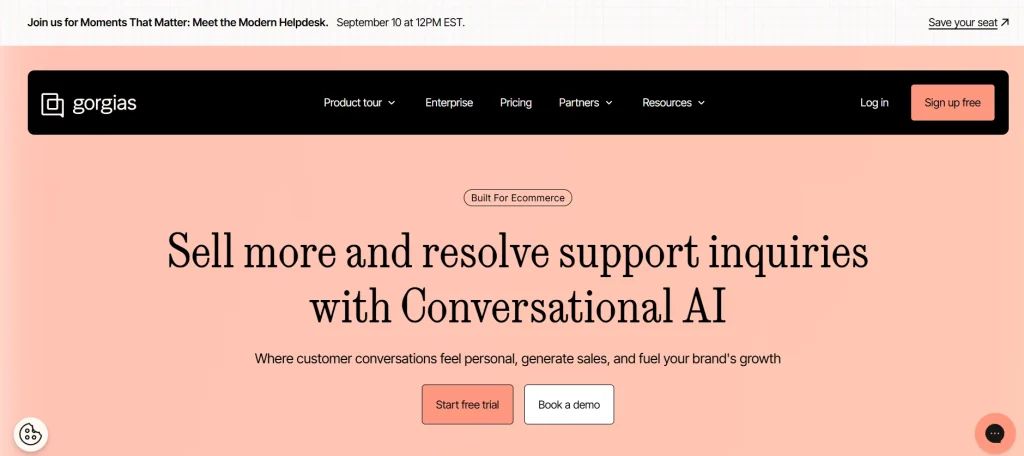
Pros:
- Gorgias is the support powerhouse. Because it has robust multi-channel helpdesk + chatbot platform.
- It pulls Shopify user data for every ticket that is being raised.
- The coolest feature is that its AI understands user intent and detects sentiments.
- It’s a true CX suite (includes email,voice, SMS), not just chat.
Cons:
- It’s pricing is a little expensive as it starts with $60/month.
- Setup and training can be complex.
4. Octane AI
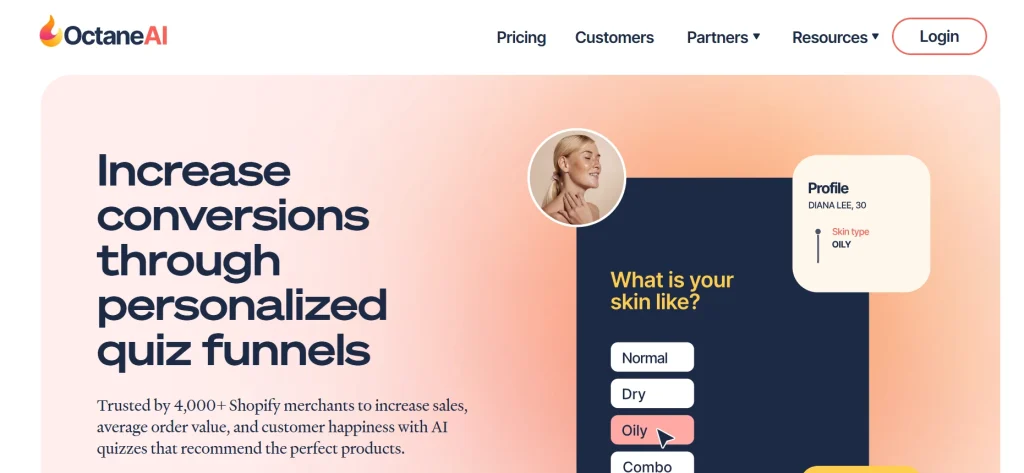
Pros:
- The quizmaster, it’s best in class for quiz funnels and conversational pop-ups.
- Its zero-party-data approach lets you build email/SMS lists and personalized segments from quiz answers.
- Additionally, pricing is usage-based (200 quiz takers for $50/month) , therefore, the same can be really cost-effective for targeted campaigns.
Cons:
- While it excels at collecting data and guiding decisions, it does not handle live chat or order FAQs.
- Once the scale of the quiz volume increases, costs rise (Premier plans start $200/month).
5. Chatra
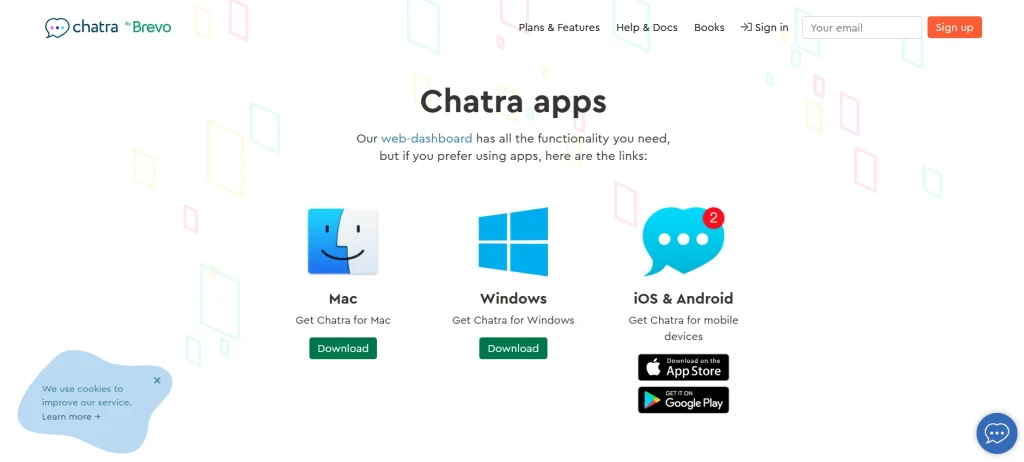
Pros:
- This budget champion, offers a simple setup with a forever-free plan.
- Offers chat and basic bot automation (online/offline bot messages, contact forms).
- It’s great for collecting leads via pre-chat forms. For example, the Real-time visitor list shows who is on-site.
Cons:
- AI is limited (mostly rule-based flows, not advanced NLP).
- Customization and reporting are basic. Moreover, the free tier lacks features like chat history, bot triggers beyond operating-hours messages.
Real-World Success Stories
- ADT Security: After adding Tidio, ADT saw customer satisfaction jump 30% and sales conversions rise from 44% to 61%, as per a case study of Tidio. Additionally, due to proactive engagement by the bot ADT Security saw 17% increase in total sales.
- Glamnetic: Glamnetic (beauty retailer) leveraged Gorgias’s convert campaigns to upsell via chat. The result was promising as there was an 18.4% on-chat conversion rate and 49% more sales on featured products. When the same was compared to not using any targeted campaigns, as per a Gorgias’s Blog post.
FAQs
You can start free with Shopify Inbox or Tidio’s basic plan. Entry-level paid options range from $20–$50 monthly for small stores. Enterprise solutions can reach thousands, but most businesses find sweet spots between $50-$200 monthly.
To start simple and scale smart- Shopify Inbox offers free, integrated functionality. Tidio and Chatra provide free plans with upgrade paths. Avoid enterprise solutions until you’ve proven chatbot ROI with simpler tools.
Not entirely. Chatbots excel at automating repetitive tasks – they answer FAQs instantly, qualify leads,
and free agents for tough issues. Additionally, firms like IBM report up to 30% cost savings using AI agents.
